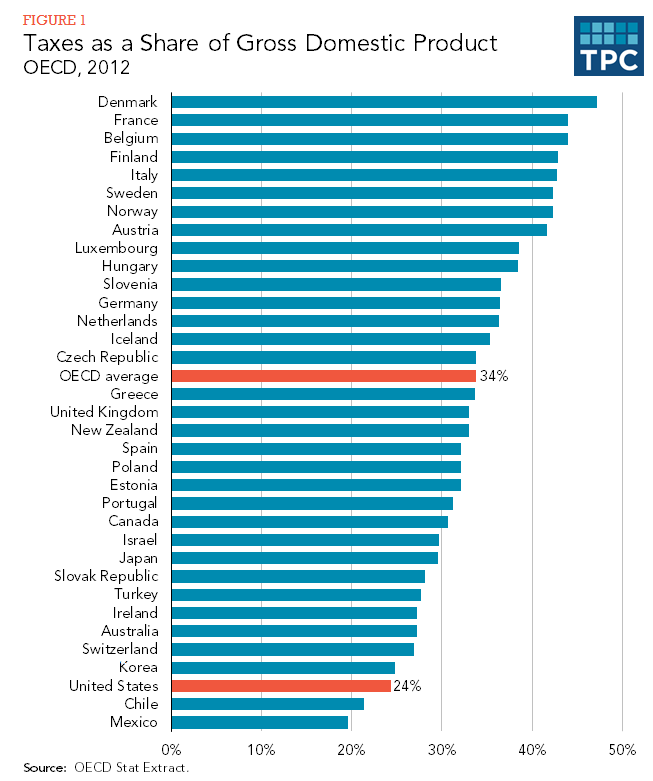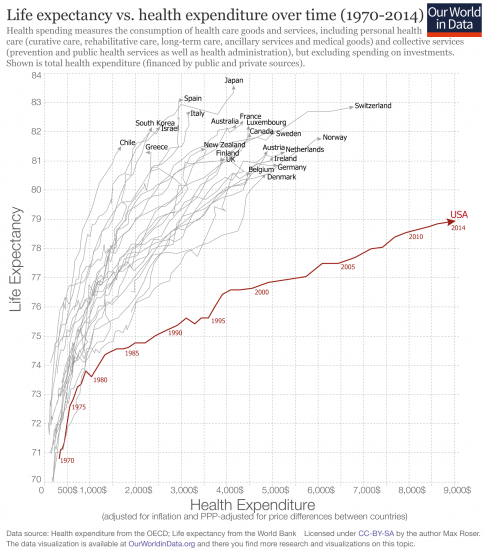- Joined
- Dec 13, 2015
- Messages
- 9,594
- Reaction score
- 2,072
- Location
- France
- Gender
- Male
- Political Leaning
- Centrist
NYT: Reaching Out to the Voters the Left Left Behind
Excerpt:
What's a country to do when passing from one age to another? Yes, the world in general and the US in particular are migrating from the Industrial Age (that started in the 19th century) to the Information Age that is now upon us. Jobs - particularly Manufacturing workers - are suffering in the passage because of two reasons: China "catch-up" in lo-cost manufacturing and robotics in the higher-skilled manufacturing industries.
It is clear - and Bernie was shouting it to us last year (and as Hillary had incorporated in her platform) - we need to do this: Just as we did at the beginning of the 20th century when we made Secondary Schooling compulsory, we need today to make Tertiary Education (vocational, 2 & 4-year) as easily accessible as possible to high-school graduates.
Which means subsidizing totally Tertiary Education (vocational, 2 & 4-year) at a state institute of higher-education. Whyzzat?
Today, 91% of American high-schoolers graduate with a degree. (Data from here.) Of that percentage, barely 45.7% continue on to a postsecondary Associates, Bachelor's degree or higher (Masters, Doctorate). (I'm not sure if a vocational degree is included in that statistical series.)
My point being this: If 91% of our children make it through high-school, only 46% of them get a postsecondary degree (that opens them to a better paying job that requires postsecondary credentials). Do the multiplication.
Only 42% of our high-school students today are graduating with the postsecondary credentials necessary for a decent paying job.
So what's a country to do*?
*Hint: half of all college students are graduating today with a $35K debt to repay for their studies ...
Excerpt:
The pattern of net new business creation (new firms minus firms going out of business) reveals an even sharper reversal of fortune. In 1992-96, counties with fewer than 100,000 people produced 32 percent of new enterprises, while the biggest counties produced 13 percent.
By 2010-14, very rural counties saw zero net growth in new firms, while the biggest counties boomed with 58 percent of new firms. All counties with populations under a million created 87 percent of the nation’s new businesses from 1992-1996, but the number was 42 percent in 2010-14.
Iow, the centuries-long shift of economic activity from country and small town areas to populous urban regions has sharply accelerated over the past 10 years. The result is that “America faces a small-county crisis of dire proportions,” as Mark Muro put it, “and a period of opportunity in cities, the bigger the better.”
By 2015, 74 percent of all high tech jobs were located in the 100 largest counties “where the universities, technology innovation assets, supply chains, and industry clusters on which the sector depends reside,” Muro wrote in a paper in August.
At the same time, Muro noted by email: "Rural America has been hammered by the end of the immediate post-crisis commodity boom and now there is precious little relief there: Agricultural prices are low, coal prices and automation are hammering coal country, natural gas prices are suffering from glut conditions, and meanwhile, no subdivision of the economy is suffering from more moribund employment growth."
The rural crisis, according to Muro, “isn’t just economic but is now compounded by the rising mortality rates” described in detail by the economists Anne Case and Angus Deaton.
What's a country to do when passing from one age to another? Yes, the world in general and the US in particular are migrating from the Industrial Age (that started in the 19th century) to the Information Age that is now upon us. Jobs - particularly Manufacturing workers - are suffering in the passage because of two reasons: China "catch-up" in lo-cost manufacturing and robotics in the higher-skilled manufacturing industries.
It is clear - and Bernie was shouting it to us last year (and as Hillary had incorporated in her platform) - we need to do this: Just as we did at the beginning of the 20th century when we made Secondary Schooling compulsory, we need today to make Tertiary Education (vocational, 2 & 4-year) as easily accessible as possible to high-school graduates.
Which means subsidizing totally Tertiary Education (vocational, 2 & 4-year) at a state institute of higher-education. Whyzzat?
Today, 91% of American high-schoolers graduate with a degree. (Data from here.) Of that percentage, barely 45.7% continue on to a postsecondary Associates, Bachelor's degree or higher (Masters, Doctorate). (I'm not sure if a vocational degree is included in that statistical series.)
My point being this: If 91% of our children make it through high-school, only 46% of them get a postsecondary degree (that opens them to a better paying job that requires postsecondary credentials). Do the multiplication.
Only 42% of our high-school students today are graduating with the postsecondary credentials necessary for a decent paying job.
So what's a country to do*?
*Hint: half of all college students are graduating today with a $35K debt to repay for their studies ...


